Every time you start a weight loss diet you have sudden urges to eat foods which sabotage your diet and are not recommended. Knowing why food cravings occur helps you to find ways to fend them off.
According to Wikipedia a food craving is an intense desire to consume a specific food, stronger than simply normal hunger.
The hunger makes you want to eat almost anything that helps your body to function, but what makes food cravings different from hunger is how specific they are. We don’t just want to eat something, instead, we want cheesy chips or strawberry cheesecake or a bag of chocolates.
Foods high in fat and/or sugar like chocolate and chocolate confectioneries, chips and so called ‘junk food’ almost always top the list of foods people say they crave.
There are several theories which explain why people have food cravings and why they crave specific foods.
1. It’s all in your head
There is a theory that some foods are associated by your brain with pleasurable moments. Eating these foods triggers your brain to release feel-good chemicals such as dopamine. These chemicals make you feel euphoric and your brain seeks these foods over and over again.
2. Stressed angry or bored?
Stress is a commonly known trigger of emotional eating and food cravings. If you feel stressed, angry or bored, the levels of the hormone serotonin drops. Serotonin creates a sense of well-being and has a calming effect. Eating foods high in sugar boosts the levels of serotonin, making us feel better and helping to calm stress and reduce anxiety. A recent research suggests that the combination of fat and sugar may have a calming effect.
3. Dieting
Several studies have discovered that dieting, when the amount of calories is dramatically reduced to 1000 or less per day, or removing the whole food groups from your diet can lead to more food cravings.
4. Lack of Sleep
Sleepless nights lead to reduced levels of the hormone leptin which is responsible for satiety (feeling full) and also increased levels of the hormone ghrelin which triggers appetite. Sleep helps us to recover energy levels for the next day, so when we lack sleep our body needs more energy to keep going and therefore craves foods high in energy – fat and sugar. The studies recorded that cravings could increase by up to 45% if you lack sleep.
5. Low blood sugar levels
Most food cravings happen later on in the day or in the evening when our blood glucose levels are very likely to be low. Low glucose levels are known to create cravings for high calorie foods.
